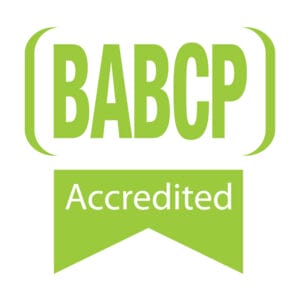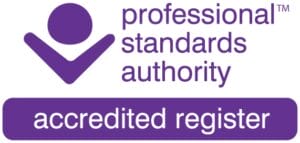Work-related stress
Work-related stress refers to the physical, emotional, and mental strain that can occur when we have too much on our plate at work, not enough resources to handle it all, or when we struggle to find a balance between our work and personal lives. This stress can make us feel overwhelmed, burnt out, tired, and can even impact our job performance and overall well-being.
If you’re experiencing work-related stress, one treatment approach that is likely to help is Cognitive Behavioural Therapy (CBT). CBT focuses on identifying and changing the unhelpful thoughts and behaviours that contribute to our stress levels. The goal is to develop healthier coping strategies that can improve our well-being and help us handle work-related challenges more effectively.
When you go through CBT for work-related stress, there are several things that can be involved:
Identifying stressors: Working with a therapist, you’ll pinpoint the specific things at work that are causing you stress. It could be things like having too much work, struggling with time management, dealing with conflicts with colleagues, or not getting enough support.
Changing negative thoughts: CBT helps you recognize and challenge negative thoughts that are adding to your stress. By replacing them with more realistic and balanced thoughts, you can reduce your stress levels and improve your ability to cope with work-related challenges.
Finding balance: The therapist can provide guidance to help you establish a healthier work-life balance. This might involve learning how to prioritise tasks, delegate responsibilities, and incorporating relaxation techniques or activities outside of work to help you unwind.
Managing stress: You’ll learn various stress management techniques such as deep breathing exercises, progressive muscle relaxation, and mindfulness. These techniques can be used in the moment to help you manage stress and regain a sense of calm and control.
Problem-solving skills: Your therapist will also help you develop effective problem-solving skills to tackle work-related challenges. This might involve brainstorming solutions, weighing the pros and cons, and taking steps towards implementing those solutions.
CBT for work-related stress usually involves individual therapy sessions. Your therapist will work closely with you to create a treatment plan that suits your specific stressors and needs. The length of therapy can vary depending on the severity of your stress and how you progress during treatment.
Through CBT, you can gain insight into your stressors, develop new coping mechanisms, and learn to handle work-related stress more effectively. By applying what you learn in therapy, you can improve your overall well-being and find greater satisfaction and fulfilment in your work.




















